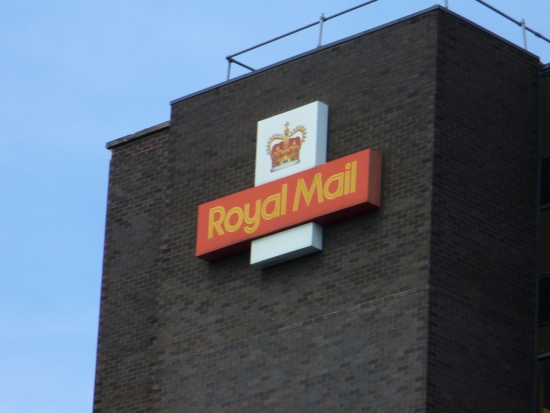The government has today confirmed that the Royal Mail will be privatised “in the coming weeks” and has officially notified the stock exchange of the impending floatation. However, at this point it is not certain exactly how much of the business will be sold – government sources have revealed that it will certainly be “the majority”, but that the exact amount will depend on market conditions and demand for shares.

Employees seem set to benefit from this decision, with 10 per cent of all shares available being split amongst the Royal Mail’s 150,000 workers free of charge. Furthermore, they may apply for additional shares under an employee priority scheme, with the minimum application of £500 comparing favourably to the £750 minimum applicable to members of the public.
However, the Communication Workers Union (CWU) has voiced opposition to the privatisation and is currently balloting all members regarding the possibility of strike action. The results of this vote will not be revealed until October 3rd, with the first potential strike date set for October 10th.
One of the main concerns for business customers in this situation is that the privatisation will lead to a drop in the quality of service offered by the Royal Mail. Yet Business Minister Michael Fallon claims that there will be no option to change the current universal service which operates six days per week.
He says; “It is the law – it’s an Act of Parliament that was passed two years ago and only Parliament could ever change that.
“I can’t think of any political party that would want to reduce the service we all rely on.”
As part of the transition, the Royal Mail will no longer receive government loans. Instead, it will take on £600 million in bank loans with the option available to take on a further £800 million should this prove necessary.
The issue has caused some controversy in Parliament, with the Labour party accusing the Conservative/Liberal Democrat coalition of selling assets in order to mask failures in aiding economic recovery. Labour believes that this sale, which will not affect the Post Office due to a separation in 2012, will have a significant impact on customers without government regulation.
Shadow business secretary Chuka Umunna says; “Ministers are pushing ahead with this politically-motivated fire sale of Royal Mail to fill the hole left by George Osborne’s failed plan.
“The government has not addressed the huge concerns which remain on the impact the Royal Mail sale will have on consumers, businesses and communities.”
With Royal Mail experiencing a significant rise in profits due to the popularity of online shopping, it is doubtless that any investment by private firms could prove fruitful in the long term.
Royal Mail has an extensive commercial property portfolio largely located on industrial sites across the country. Over recent years the company has been in the process of streamlining these assets but it still retains surplus buildings and land which would be extremely marketable.
Previous Post
Business Phone Calls could get cheaper within the EU